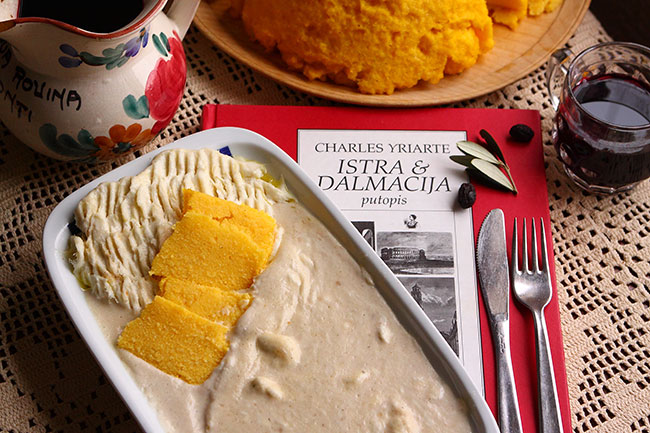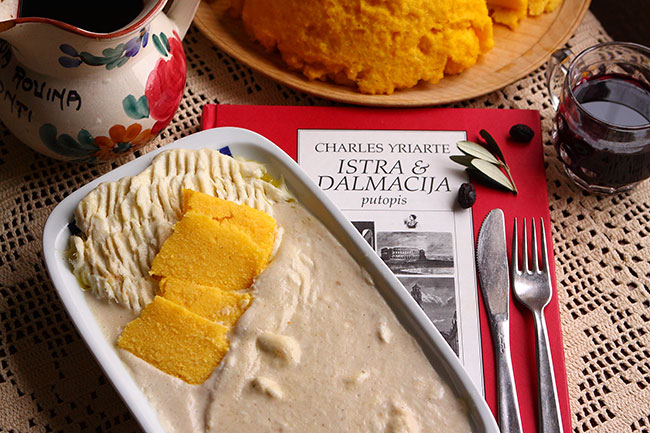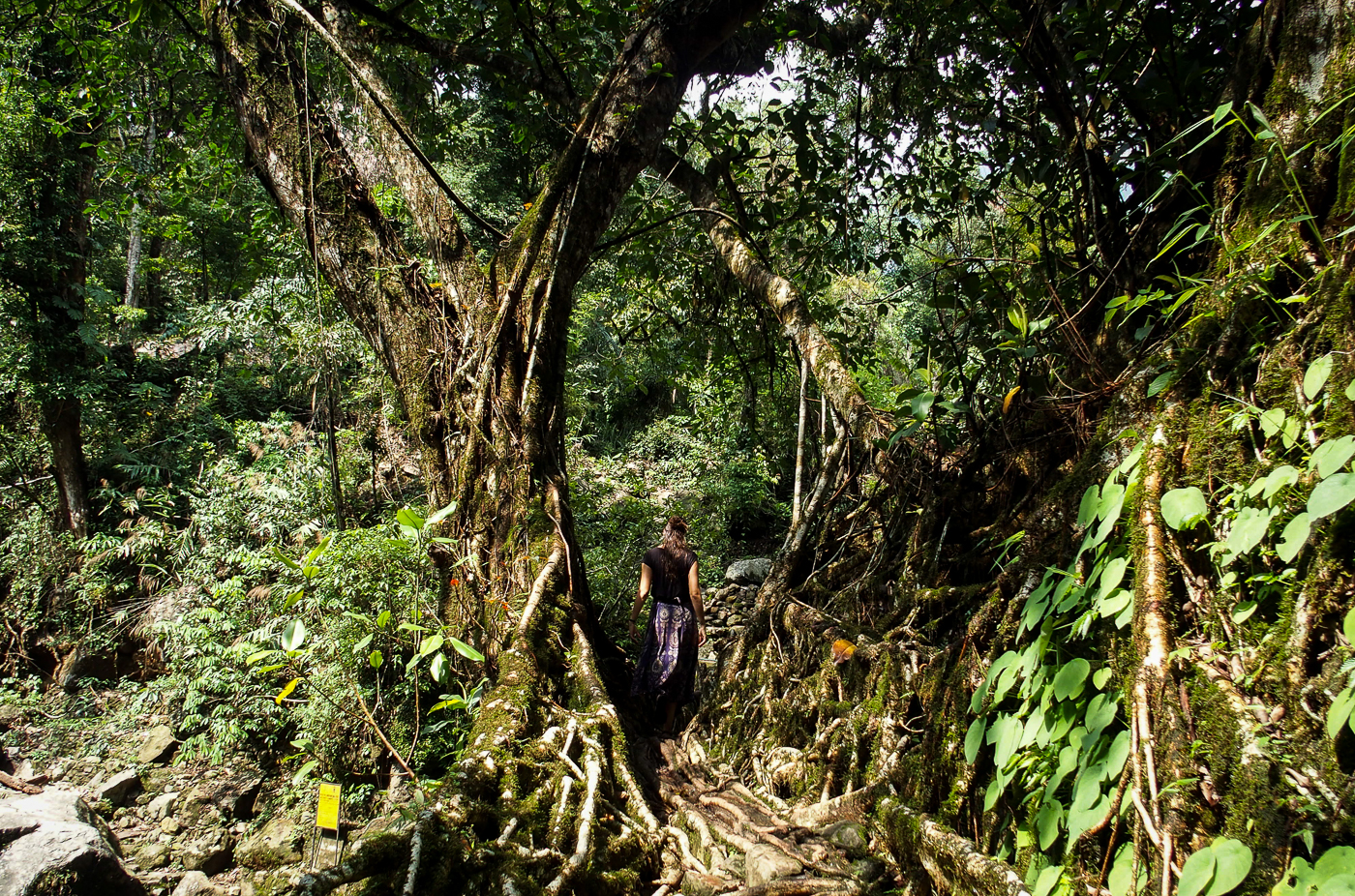
-
Rešitve in storitve
RešitveZanesljiva hramba in varnost podatkov

Diskovni sistemi NetApp, Dell in FujitsuHitra in učinkovita obdelava podatkov
Platforma Splunk EnterpriseInformacijska varnost
Zaščita končnih točk, požarne pregrade, SIEMInfrastruktura v našem oblaku
Najem IT opremeAdministracija in optimizacija sistemov
Upravljanje in vzdrževanje - Podjetje
- Novice
- Kontakt
- Zaposlitev
Rešitve

Zanesljiva hramba in varnost podatkov
Diskovni sistemi NetApp, Dell in Fujitsu
Diskovni sistemi NetApp, Dell in Fujitsu

Hitra in učinkovita obdelava podatkov
Platforma Splunk Enterprise
Platforma Splunk Enterprise

Informacijska varnost
Zaščita končnih točk, požarne pregrade, SIEM
Zaščita končnih točk, požarne pregrade, SIEM

Infrastruktura v našem oblaku
Najem IT opreme
Najem IT opreme

Administracija in optimizacija sistemov
Upravljanje in vzdrževanje
Upravljanje in vzdrževanje
Storitve
Blog Čebelnjak



























